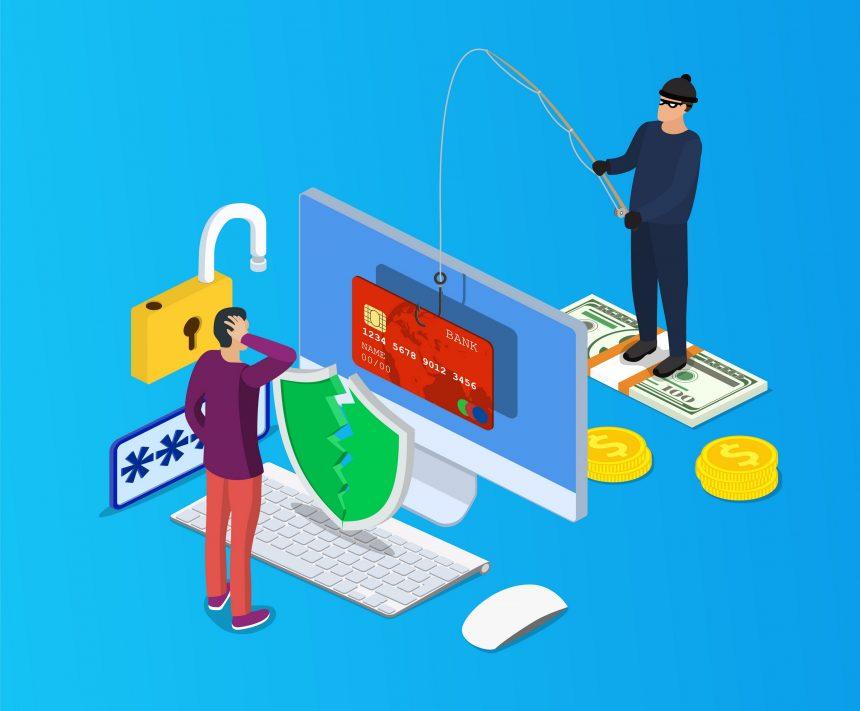Cryptocurrency enthusiasts, beware! A new threat has emerged in the form of the “MASK Token Airdrop” scam, aiming to deceive unsuspecting users with promises of free MASK tokens. However, our investigation has uncovered the true nature of this operation, revealing it as a fraudulent scheme orchestrated by scammers to exploit users and acquire cryptocurrency unlawfully.
The “MASK Token Airdrop” Scam
Disguised as a legitimate giveaway of MASK tokens, this scam operates through posts on X (Twitter) that lure users with claims of substantial token quantities. The posts include links leading to a fake website, supposedly announcing the arrival of the $MASK Airdrop. The scam suggests eligibility for users who have used the Metamask application since 2019 and participated in various cryptocurrency activities like dApps, Swaps, Exchanges, and NFTs.
Clicking the “CLAIM $MASK” button on the deceptive website prompts users to connect their wallet, inadvertently granting authorization to a malicious contract. This contract is specifically designed to trigger a drainer, executing unauthorized transactions that transfer digital currency from the victim’s wallet to the scammer’s wallet. The consequences include potential financial losses and the risk of sensitive private information exposure.
Threat Summary
- Name: MASK Token Airdrop fake giveaway
- Threat Type: Phishing, Scam, Social Engineering, Fraud
- Fake Claim: Participants are eligible for free MASK tokens
- Disguise: MASK giveaway
- Related Domains: metamask-mask[.]com, mask-token[.]org
- Detection Names (metamask-mask[.]com):
- Avira (Phishing)
- Combo Cleaner (Phishing)
- ESET (Phishing)
- Fortinet (Phishing)
- Sophos (Malware)
- Symptoms: Lack of official verification, unrealistic claims, too good-to-be-true promises.
- Distribution Methods: Twitter posts, deceptive websites, rogue online pop-up ads, unwanted applications.
- Damage: Loss of sensitive private information, monetary loss, identity theft, possible malware infections.
Similar Threats
This MASK Token Airdrop scam shares characteristics with other phishing and crypto-related scams, including fake giveaways, fraudulent airdrops, and social engineering tactics. Users should be wary of similar threats in the cryptocurrency space.
Removal Guide
- Ignore Suspicious Links: Refrain from clicking on links promising free tokens or giveaways without official verification. Exercise caution on social media platforms, especially with unsolicited offers.
- Verify Official Sources: Check official channels and websites for cryptocurrency announcements or airdrops. Verify information through reputable cryptocurrency communities.
- Educate Yourself: Stay informed about common phishing tactics and scams prevalent in the cryptocurrency space. Be skeptical of unrealistic claims and too-good-to-be-true promises.
Best Practices for Prevention
- Official Channels Only:
- Rely on official channels, websites, and social media accounts for cryptocurrency-related information.
- Avoid engaging with unsolicited offers or links from unverified sources.
- Enable Two-Factor Authentication (2FA): Enhance security by enabling 2FA on your cryptocurrency wallets and accounts. 2FA adds an extra layer of protection against unauthorized access.
- Stay Informed:
- Regularly check for updates on common scams and phishing tactics in the cryptocurrency community.
- Participate in reputable forums to learn from the experiences of other users.
- Use Reputable Wallets: Choose well-known and reputable cryptocurrency wallets for transactions and storage. Research and verify the security features of any wallet before use.
Conclusion
The “MASK Token Airdrop” scam serves as a stark reminder of the ever-present threats in the cryptocurrency space. By staying vigilant, verifying information from official sources, and following best practices for online security, users can safeguard themselves against deceptive schemes and potential financial losses. Remember, if an offer seems too good to be true, it often is.





